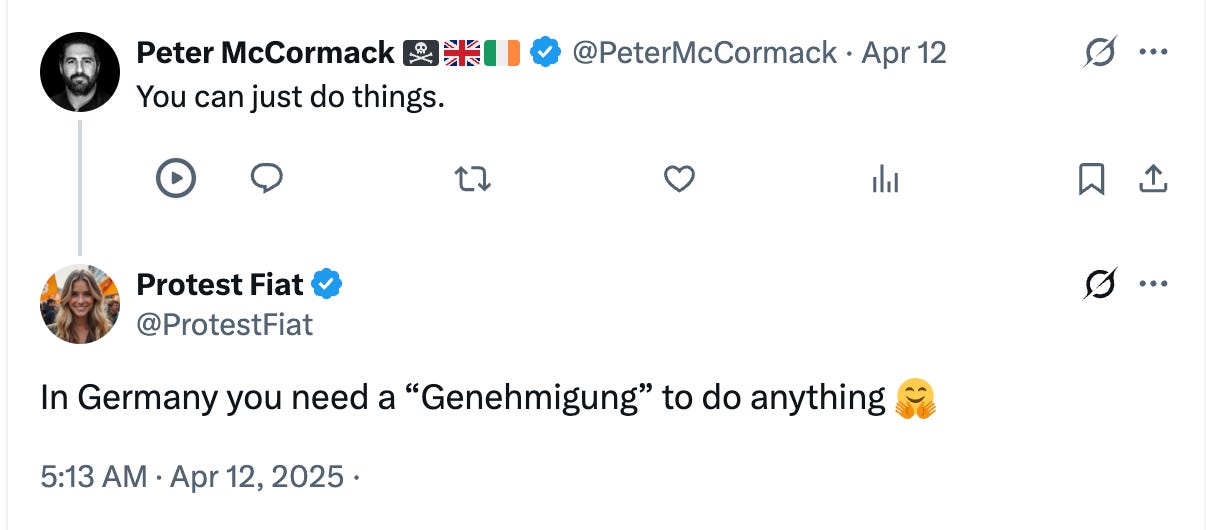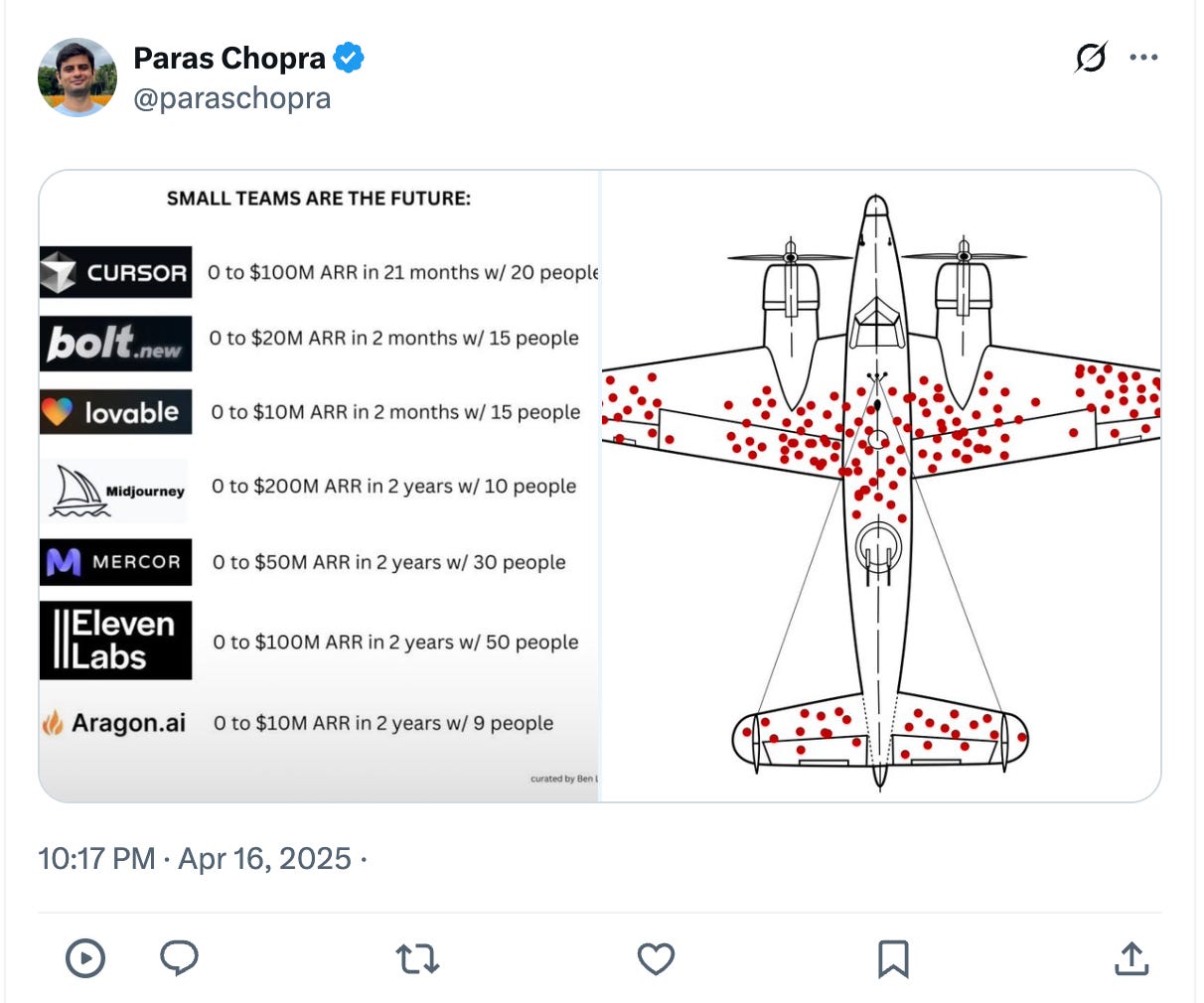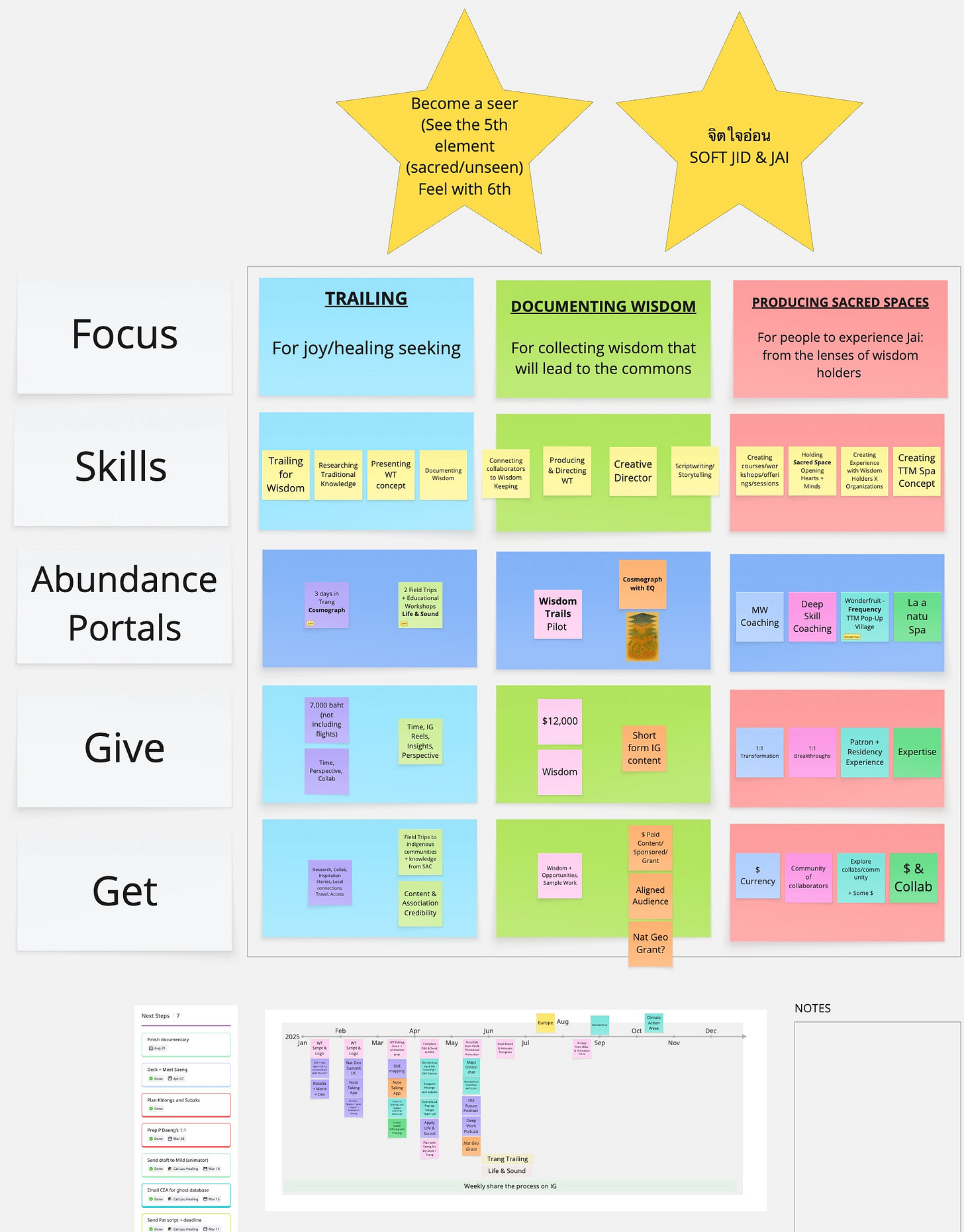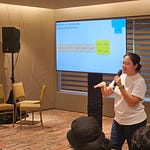The mainstream belief of achieving success and meeting one’s purpose is that it requires one to be the best, the richest, the only one in a certain domain of expertise. In the startup/business world, myopic individualism forces us into a box and distorts our perception of success.
For example, for Mr Beast, “success” is having 1 billion subscribers. But do we really think that weekly mental health breakdowns “consistently over the course of a decade” can be called “success”?
Similar to how egocentrism in the U.S. government has spread an individualist culture across the country, Mr. Beast clearly shows how his approach proliferates through his organization. Contestants get the chance to get money/fame for suffering through meaningless attention-grabbing challenges, several have experienced physical injuries, and his side-project is a sugar-filled snack bar.
The need to sacrifice health, relationships, and meaningful activities for the idea of success is a legacy belief. It’s celebrated by mass media but completely unattainable for most in 2025 - the competition is stronger, with more resources, more money, better initial conditions etc.
And if we look closer, even those with more resources or higher status actually don’t seem less agitated or insecure.
And luckily, there are counterexamples. Derren Brown inspired me as a teenager and has shown that one does not need to limit oneself to one domain to have a purposeful and balanced life. And having a diverse skillset can diversify streams of income, in his case, through TV, stage performances, photography, painting, and writing.
Except that “getting started” was always a big blocker
How do we turn the enthusiasm about an idea into action? And move beyond the excited intention to “start soon” or “set up the legal entity first”, or “once we have funding, we can work on it properly”, towards real progress? In most cases, the “starting soon” never happens, the project pivots from its initial purpose, and the unrealised dream remains unrealised.
In my experience, the delay often comes from avoiding other people’s judgment or uncomfortable questions, as long as the project is “not ready”. And it makes sense, structuring an imperfect organization always feels “too early“, it seems like it’s only worth sharing progress once “success” is achieved, because social media only shows us the perfect success stories.
Most of us have not explicitly articulated the activities outside of the monoculture of expertise and business, and it feels confusing and uncertain to share and act on them. And ironically, the masochistic “lone wolf“ idea of success feels like a safe space.
Making the complexity of real progress legible
I’m currently working through a set of note-taking/skill mapping exercises with friends and organizations. And interestingly, one of my observations is that for everyone, there really is no “later” or “soon”, in fact, most are already acting on their purpose in some way, except they got stuck in its complexity. But the momentum of action, i.e., knowing what to do, asking the right person for help, and feeling good about completing something, followed after organising and externalising the complexity of their purpose.
Example from the interview recording with Cat
Cat started with a big map of present activities and what she was doing in the past. Some were relevant to a bigger vision but seemed undesirable, others were easy but irrelevant to anything greater.
Over the past several months, she progressively shaped the map to capture the complexity of her skills and how to apply them to a bigger vision. New opportunities pass through a focused and intentional filter.
What’s also interesting is that the note-taking/skill mapping exercise doesn’t require anyone to jump into the cold water and face the unknown to “get started”. The moment of recognising the current activities and how they either move or don’t move someone towards their goals, makes it clear that it’s always possible to reprioritise and ask friends for support.

So instead of sacrificing sanity to get 1 billion followers, the more common and pleasant experience seems to be a constant and deliberately shifting focus, with the intention to balance many activities in life and build a diverse community.
PS. If you’re interested in the exercises and are open to sharing how they work for you, let me know, and I’ll send you the instructions.















